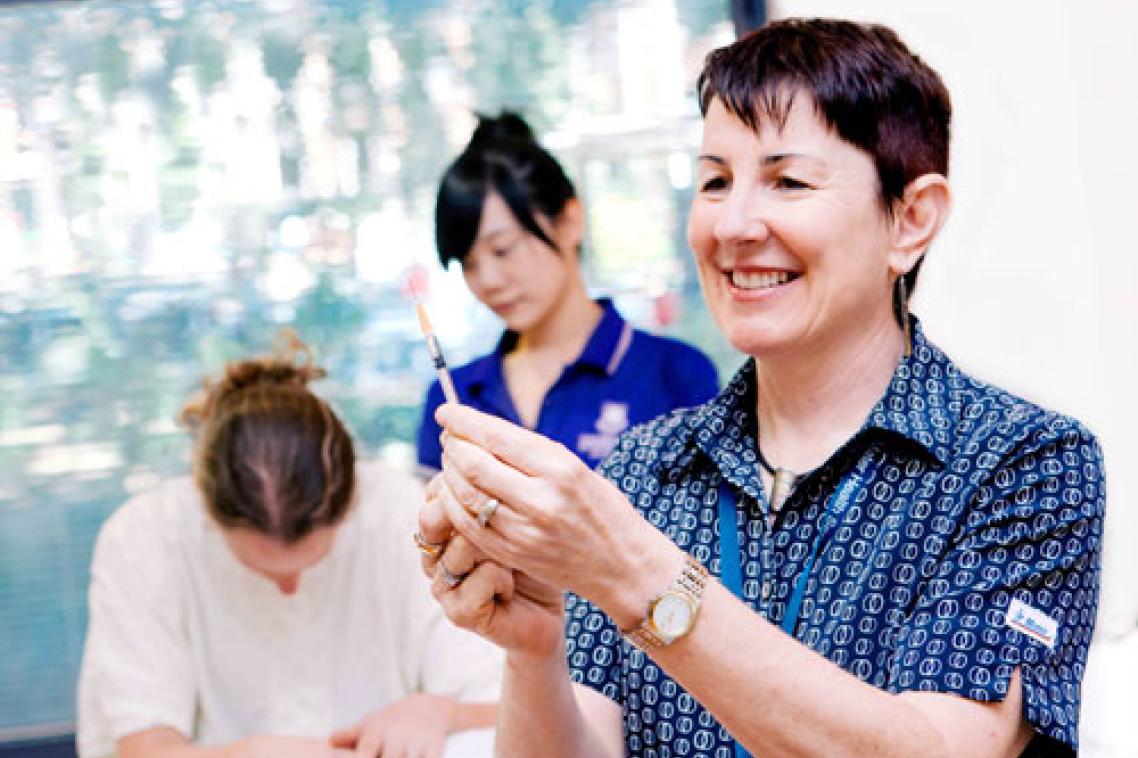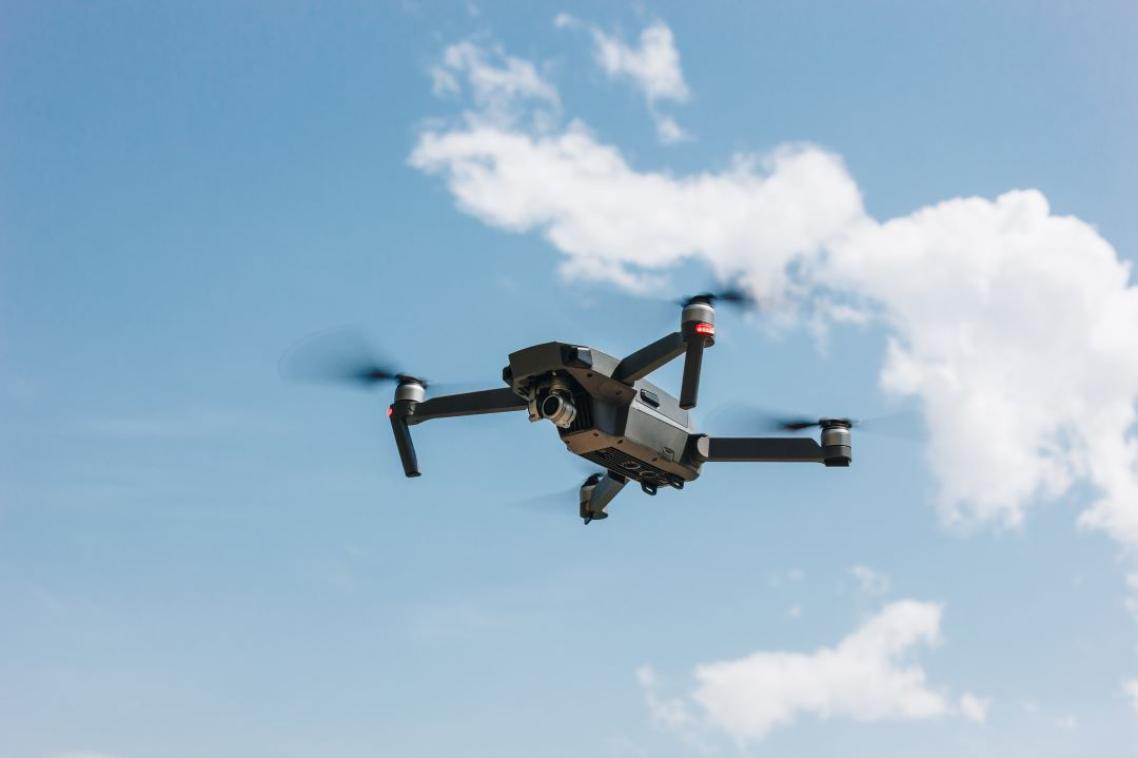Baby steps to easing labour pain

One in three women experience severe back pain during labour and birth, but that might change thanks to a safe, simple and effective treatment developed by University of Queensland researchers.
Professor Sue Kildea and Dr Nigel Lee from the Mater Research Institute-UQ are leading trials into a pain management technique that involves injecting sterile water into the lower back of pregnant women during labour.
Professor Kildea, a Professor of Midwifery with UQ’s School of Nursing and Midwifery, said earlier trials had shown the technique was an effective method of back pain management for about 90 per cent of women in labour.
“The injections have been likened to a brief wasp sting and there is pain relief almost immediately,” she said.
“Early research suggests that the injections may also reduce the likelihood of a woman needing a caesarean section during labour.
“This research trial will examine this effect.”
Professor Kildea said there were several theories about how the treatment worked.
“One is the gate-control theory, where you give a short, sharp, intense pain, similar to a wasp sting, that travels up the spine’s nerve fibres and blocks any other pain,” she said.
“The injection pain can also trigger natural pain-relieving hormones that are very strong and will take the back pain away.”
Professor Kildea said the technique offered additional advantages during labour.
“As we are just injecting sterile water, there is no effect on the mother’s state of consciousness and no effect on baby, and it does not limit a mother’s mobility or adversely affect the labour progress,” she said.
“It a simple procedure and can be repeated as often as needed.”
Dr Lee and fellow research team-member Professor Lena Martensson, from Sweden, are considered to be the leading international researchers in the field.
The team has received National Health and Medical Research Centre funding to conduct the world’s largest study into the use of sterile water injections for back pain in labour.
They are seeking participants for the trial in 13 hospitals across Queensland, New South Wales and South Australia.
The treatment is not yet available in most Australian maternity units. Results from the study will determine if water injections can help reduce the caesarean section rate and will provide data to help more Australian hospitals offer the procedure.
For more information, or to be part of the trial, contact Dr Nigel Lee on +61 7 3163 6118 or email nigel.lee@mater.uq.edu.au
Media: Mater Public Affairs, Jackie Hayes, 0422 115874, Jacqueline.hayes@mater.org.au; UQ Faculty of Medicine and Biomedical Sciences Media Manager Bernadette Condren, +61 7 3346 5309, b.condren@uq.edu.au; UQ’s Faculty of Health and Behavioural Sciences Marketing and Communications officer Helen Burdon, 0412 744 437, h.burdon@uq.edu.au.
Topics
Related articles

How a drone delivering medicine might just save your life

Do I have prostate cancer? Why a simple PSA blood test alone won’t give you the answer
Media contact
UQ Communications
communications@uq.edu.au
+61 429 056 139
